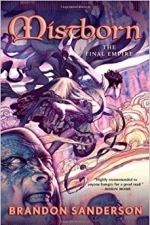
Albert & Otto
Games and Entertainment
App
In this first installment “The Adventure Begins” the player is thrown headfirst into a haunting...

Enchanted Kingdom: A Dark Seed
Games and Entertainment
App
The Tar Empire is in serious danger, as a deadly illness known as the Dark Seed has begun to take...

iMargin Professional 2.0
Business and Finance
App
Instant margin calculator NEW DESIGN! THIS VERSION REPLACES THE CURRENT "iMargin" FOR NEW DEVICES....

Hot Summer Wallpapers – Decorate Home Screen with Tropical Beach Background Picture.s
Lifestyle and Entertainment
App
Are you sick and tired of cold weather and rain? Do you wish to just slip into your bathing suit and...
Teeny Tiny Gardening: 35 Step-by-Step Projects and Inspirational Ideas for Gardening in Tiny Spaces
Book
35 unique projects to make full use of any small space you have, whether you live in the country or...
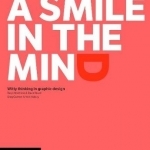
A Smile in the Mind: Witty Thinking in Graphic Design
Beryl McAlhone, David Stuart, Greg Quinton and Nick Asbury
Book
Forty years of "witty thinking" from over 500 designers, including hundreds of visual examples and...
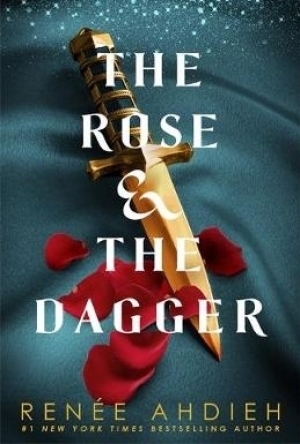
The Rose and the Dagger
Book
The much anticipated sequel to the breathtaking New York Times bestseller THE WRATH AND THE DAWN. I...
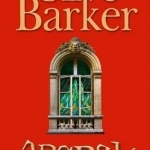
Abarat 2: Days of Magic, Nights of War
Book
A dazzling fantasy adventure for all ages, the second part of a quartet appearing at two yearly...
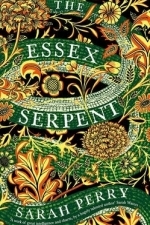
The Essex Serpent
Book
Essex Serpent Strange News Out of Essex...'One of the most memorable historical novels of...

